Cause for Alarm!
An invalid husband wrongly believes his wife and doctor are conspiring to kill him and outlines that suspicion in a letter, which causes a serious concern when he ends up dying anyway.
Cause for Alarm! is a 1951 melodrama suspense film directed by Tay Garnett, written by Mel Dinelli and Tom Lewis, based on a story by Larry Marcus. Ellen (Loretta Young) narrates the tale of “the most terrifying day of my life”, how she was taking care of her bedridden husband George Z. Jones (Barry Sullivan) when he suddenly dropped dead.
Plot
A flashback shows how Ellen (Loretta Young) met George (Barry Sullivan) in a naval hospital during World War II while she was dating his friend, Lieutenant Ranney Grahame (Bruce Cowling), a young military doctor whose busy schedule left little time for her. George was a pilot, and Ellen swiftly fell in love with him, although the flashback strongly hints he had some capacity for arrogance and selfishness. Nevertheless, they soon married and, after the war, wound up in a leafy suburban Los Angeles neighborhood.
Unhappily, George is now confined to his bed with heart problems. There is a heat wave, and Ellen is spending most her time caring for him. George’s doctor is their old friend Ranney, with whom George thinks his wife is having an affair. In response, Ranney suggests George may need psychological help. After Ellen tells her bedridden husband she dreams of having children, he becomes angry. Meanwhile, George has written a letter to the district attorney in which he claims his wife and best friend are killing him with overdoses of medicine for his heart.
A little neighbor boy dressed as the movie and TV cowboy, Hopalong Cassidy, and wearing cap pistols (Bradley Mora) befriends the childless Ellen, who gives him cookies. He hands her a toy (fake) television set and asks Ellen to give it to George, which she does whilst serving her husband lunch in bed. He tells her an unsettling story about how, as a child, he had beaten a neighbor boy with a rake until he drew blood. Thinking the thick letter has something to do with insurance, Ellen gives it to the postman (Irving Bacon), who sees George in the upstairs bedroom window. When Ellen rushes up to find out why he has gotten out of bed, George lets her know what the letter says and who it is addressed to. George pulls a gun and is about to kill her when he drops dead on the bed. In her narration she describes George’s death as “one of those awful dreams.”
Ellen panics over the letter and, as noted by a reviewer over 50 years later, throughout the film’s second half seems “much more concerned with absolving herself from the blame of his death than missing her spouse.”[6] Running from the house and shown the way by two teenagers (in the film’s brief nod to Los Angeles’ mid-twentieth-century jalopy culture), she chases down the overly talkative postman to whom she gave the letter; but he won’t give it back to her without talking to George first, since he wrote it. The postman says she can ask the supervisor at the downtown post office, who has more authority. Ellen is frantic when she gets back to the house, only to find George’s aunt Clara (Margalo Gillmore) climbing the stairs to see him and stops her barely in time. After the two talk for a while, Clara again heads up the stairs; but Ellen stops her once more, saying George told her earlier not to let his aunt see him. Clara leaves in a huff, telling her George was “rude, mean and selfish since he’s been six… he’s worse if anything.”
Ellen goes back up to the bedroom to change her clothes and sees the gun still in George’s hand, narrating, “Somehow I knew I shouldn’t leave it there.” As she wrenches the pistol from his hand, it fires. Readying herself to leave the house, a polite but somewhat aggressive notary (Don Haggerty) rings the doorbell, telling her he has an appointment with George to go over some legal documents. She steadfastly says George is too sick to see anyone. Ellen desperately drives downtown to the post office to see the supervisor, who gives her a form for George to sign but then, nettled by Ellen’s unhinged and uncooperative behavior, tells her he is going to allow the letter to be delivered. Defeated, she returns to the house and, as she gets to the front door, a kindly neighbor woman (Georgia Backus) offers to help Ellen, since she has seemed so upset all day.
When Ranney shows up to check on George, Ellen is hysterical. Ranney tells her to be calm and goes up to the bedroom. Showing no apparent emotion for his dead best friend, he sees the bullet hole in the floor, finds the gun in a dresser drawer, methodically repositions George’s body in the bed, and draws down the window shade. Back downstairs with Ellen, Ranney listens as she tells him what happened, saying “I did everything wrong, just like he said I would.” The doorbell rings. She thinks the police have come to arrest her, but Ranney urges Ellen to open the door. When she does, it is the postman, returning the thick letter for insufficient postage. Ranney gives a sigh of relief; Ellen takes back the envelope and is overcome after closing the door. Ranney wordlessly rips the letter into narrow strips and burns these shreds in an ashtray along with a matchbook bearing the embossed names George and Ellen.
Cast
Loretta Young as Ellen Jones
Barry Sullivan as George Z. Jones
Bruce Cowling as Dr. Ranney Grahame
Margalo Gillmore as aunt Clara Edwards
Bradley Mora as Hoppy (Billy)
Irving Bacon as Joe Carston, the postman
Georgia Backus as Mrs. Warren, the neighbor
Don Haggerty as Mr. Russell, the notary
Art Baker as the post office superintendent
Richard Anderson as the wounded sailor at a naval hospital
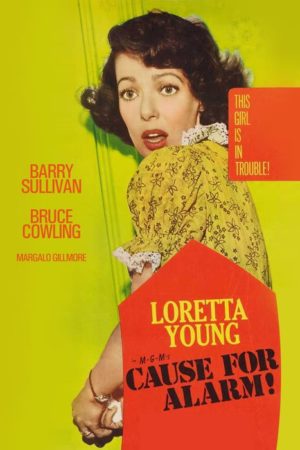
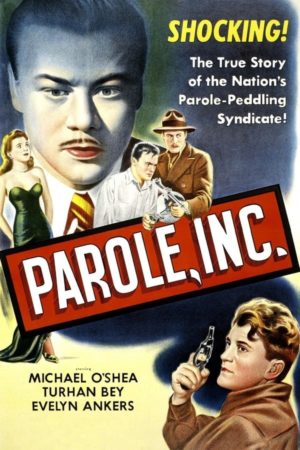
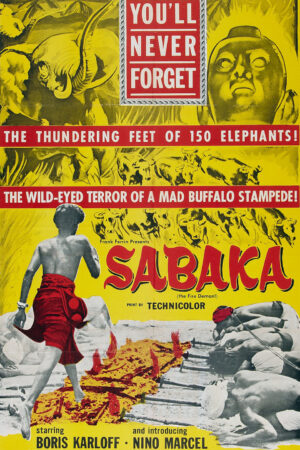
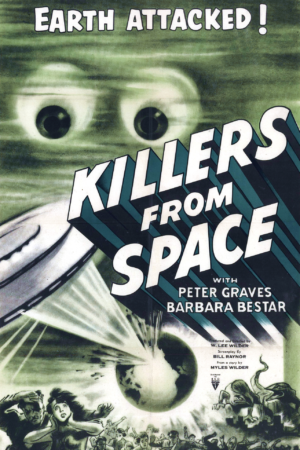

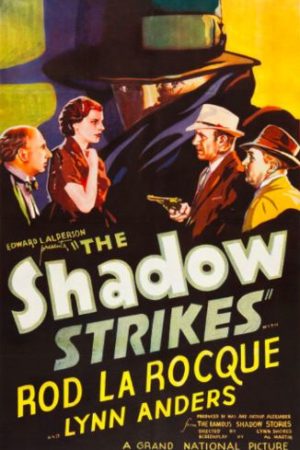
There are no reviews yet.